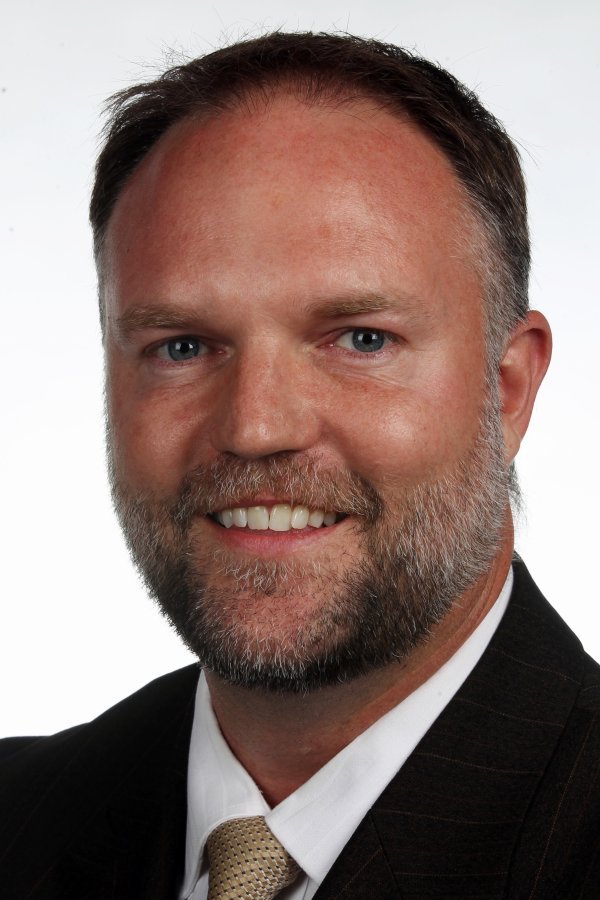[spacer height=”20px”]
This morning on KKTX radio show, “Lago in the Morning,” Councilman Chad Magill discussed possible funding sources for the reconstruction and maintenance of residential streets. He listed seven:
- General fund ($1 million)
- Industrial District fund ($550,000)
- Charter Amendment ($3.4 million)
- RTA contribution ($1.5 million)
- Type B funds ($3.4 million)
- Zero-Based Budgeting (undetermined amount)
- Gas tax (if possible)
[spacer height=”20px”]
[spacer height=”20px”]
This is in keeping with the findings of the Corpus Christi Ad Hoc Residential Street Infrastructure Advisory Committee, chaired by Andy Taubman. The following is directly from the report completed and published on May 23, 2016:
[spacer height=”20px”]
Although financing and determining sources of new funds for street improvements was not a primary task of the Committee, it is worth sharing Committee thoughts on program financing, as well as outlining numerous potential sources of funds under discussion for proposed new residential street programs.
Monitor Activity, Spending and Outcomes from New Residential Street Funding: We recommend the City regularly report and publish a clear accounting of how and where individual program dollars are spent and to be transparent if program funds are increased, decreased, or reallocated. Both the Residential TAR Program and the Residential Street Rebuild (Rework & Reconstruction) Program described in this report are designed as new programs with new funding in order to assure independent tracking and reporting on the activity, spending and outcomes derived from these new dollars.
[spacer height=”20px”]
Static Funding: The Committee recognizes that static funding of programs over time may result in underfunding and/or understaffing program activity. A case in point is funding for City street operations has been flat for over a decade despite growth in the street network and the increased cost of inflation. It is important that program funding be increased annually at least at the general rate of inflation. As the City improves its ability to understand its standard cost structure, we expect the City will be in a better position to better determine growth demands and inflationary impact on actual program spending and then budget accordingly.
[spacer height=”20px”]
RTA Funding of City Street Aspects: Our survey of other Texas cities showed a number of cities receive funding from their Transportation Authorities for both street maintenance and street reconstruction, expanding their traditional investment in bus stops and surrounding street elements, as well as for offsetting the wear and tear of city buses on the street network. The Committee Chair had preliminary meetings with the RTA regarding their funding of street improvements. In general, these discussions centered on RTA funding of about $1.5 million per year. Work still needs to be done to define the elements of street projects which support the RTA in their core mission of network transportation. We believe that bicycle mobility and American Disability Act accommodations are elements of street projects that are consistent with the RTA’s core mission to serve economically disadvantaged and disabled citizens. Additionally, the journey to and from residential homes to a bus stop is an important part of end-to-end service and leverages RTA’s substantial investment in bike and ADA accommodations.
The funding under consideration would be in addition to existing contributions to street programs by the RTA and not a reallocation of existing funding. It is expected that to the extent possible, we will work together to qualify this additional funding for direct or indirect Federal funding. Any actual arrangement between the RTA and the City must ultimately be determined and agreed to by the respective oversight authorities.
[spacer height=”20px”]
Budget Savings and/or Reallocation of Existing Dollars. As part of the City’s zero based budgeting initiative, any re-prioritization of existing dollars, as well as any identified budget savings, should be considered in developing new funding for proposed residential street programs.
[spacer height=”20px”]
Dedicated General Fund and Industrial District Revenue. The Council’s Financial Budgetary Policies Resolution #029848 provides policy direction to the City Manager on the preparation of annual budgets. Included in this resolution are the defined General Fund and Industrial District Revenue contributions to residential street capital improvements. The resolution was discussed at length in the most recent Council Retreat where the Council talked about reviewing these specific policies regularly for appropriate future funding levels, as well as for inflation and growth impacts.
• For 3 years beginning in 2015, transfer $1million each year from the uncommitted fund balance of the General Fund to the Residential Street Capital Fund.
• Beginning in 2016, transfer 5% of the Industrial District Revenue to the Residential Street Capital Funding.
[spacer height=”20px”]
We recommend that the Council direct the City Manager to explore all possible funding sources for residential street programs and prepare a recommendation for Council consideration.
• In 2021, transfer 1/3 of one percent of the General Fund revenue less grants and industrial district revenue to the Residential Street Capital Funding
• In 2022, transfer 2/3 of one percent of the General Fund revenue less grants and industrial district revenue to the Residential Street Capital Funding
• In 2023, transfer one percent of the General Fund revenue less grants and industrial district revenue to the Residential Street Capital Funding
[spacer height=”20px”]
Repurpose Whataburger Field Debt Service Funds. The 1/8 cent dedicated sales tax known as Type A funds approved by voters in 2002 is coming back to voters this November. Type A funds are allowed to be used primarily for economic development, affordable housing and some special event facility debt. In our case, the $2.5 million in annual debt service for Whataburger Field is funded by a portion of our current Type A dollars. The Whataburger Field debt is paid off September 2017, freeing up approximately $2.5 million a year in 2018 for another purpose.
Council is currently considering November ballot language changing from a Type A program to either a Type B program which allows spending dollars on arterial reconstruction or to a General Revenue program which allows the dollars to be spent on any street reconstruction, including directly on residential streets. If Type B is chosen, some future arterial reconstruction bond programs could be replaced with residential reconstruction bond programs.
Both options allow continued funding of economic development and affordable housing initiatives. Council is also considering a different allocation of these dedicated sales tax dollars to increase the money available for street improvements from $2.5 million to approximately $3.5 million annually.
[spacer height=”20px”]
Charter Revision for Additional Dedicated Operations and Maintenance Property Tax Revenue: The current Charter Revision Committee is set to bring recommended charter changes to the City Council for potential consideration by voters in November. One measure under discussion would allow future City Councils to raise property tax rates under certain constraints for dedicated spending on street improvements.
[spacer height=”20px”]
Dedicated Spending from Revenue Growth: Tax revenue generated by new growth each year in the City should be isolated and reported, with some portion of that revenue increase considered for dedicated spending on residential street improvements.
[spacer height=”20px”]
Ad Valorem Tax Increase. Currently one additional cent on the property tax rate generates about an additional $1.7 million per year which the Council could appropriate for any municipal purpose, including street improvements.

